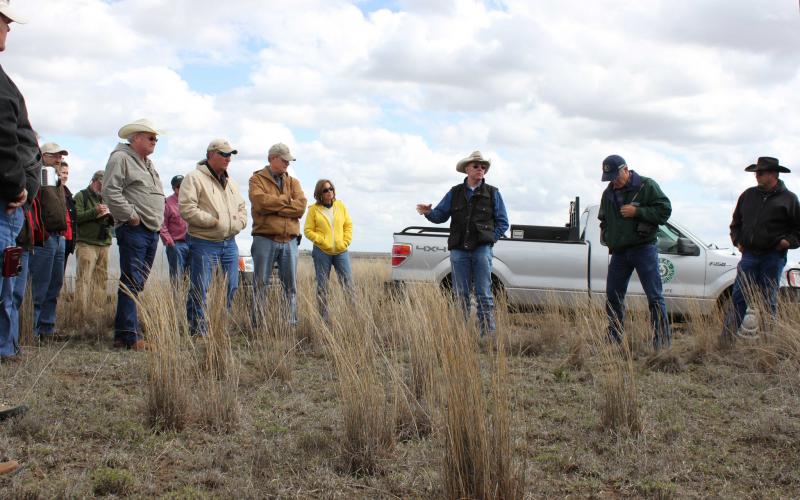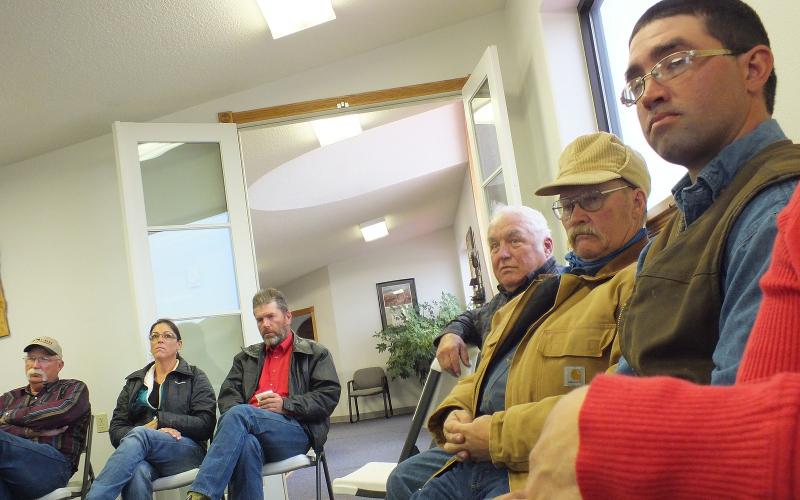Search

What is the “a” in Chlorophyll-a?
Have you ever heard the term "chlorophyll a" used in reference to a lake's blue-green algae content? From type "a" to type "f," learn how different types of chlorophyll impact lakes and aquatic environments.

A Five-Step Approach to Alleviating Farm Stress
Farm stressors can come from many directions including the agricultural system, farm and family finances, mental and physical health challenges, and relationship difficulties. A healthy response to these challenges involves paying attention to the stressors within all of these areas and determining coping strategies that are useful in each area.

8 Ways to Get Moving!
For those with barriers to being physically active, here are eight quick ideas to add a little more activity to your week.

Prenatals & Pregnancy
As your baby grows, so do the nutrition and supplemental needs for the expecting mother.

Meal Replacements: A long-term weight management solution?
The convenience meal replacements offer is appealing, but do they work for long-term weight management?

Healthy Sleep and Shift Work
Learn how to overcome a few common barriers that may impact your ability to achieve restful sleep when working a non-traditional work schedule.

Make Each Day Count
One of the first steps in making healthy choices each day is realizing the importance of living a healthy lifestyle and truly making a behavior change.

Healthy Alternatives to Sugary Beverages
Consuming excess sugar can result in weight gain, increased chronic disease risk, and poor dental health. Learn some expert tips to ‘rethink your drink’ and choose healthier alternatives to sugary beverages!

Fit on the Farm
Although regular job duties on the farm may include intense physical tasks, aerobic physical activity is still needed in addition to the short burst, physical tasks.

Communication: Importance of Social Support in Agriculture
Maintaining open communication and seeking social support can help producers get through difficult times.